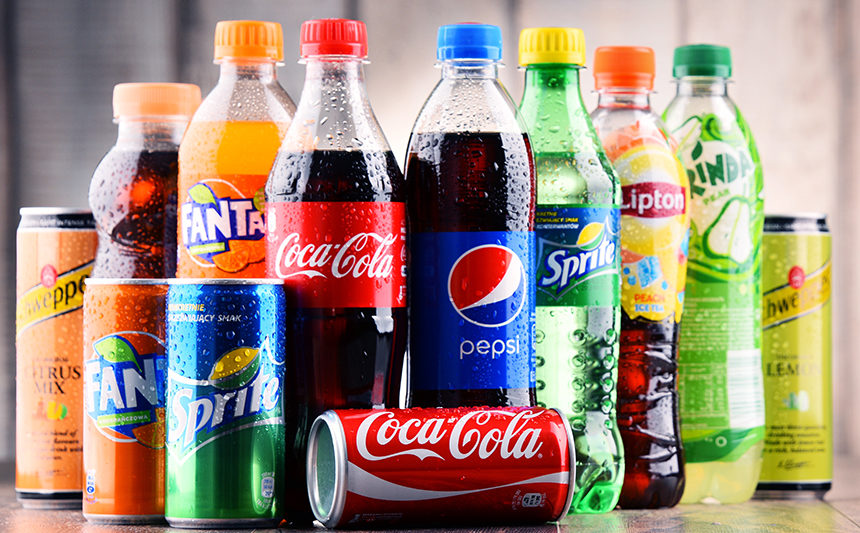The Federal Government aims to implement a 20% tax on Sugar-Sweetened Beverages (SSBs) as a primary measure to curb the overconsumption of SSBs and the prevalence of Non-Communicable Diseases (NCDs).
Dr. Chukuma Anyaike, Director of the Public Health Department at the Federal Ministry of Health and Social Welfare, announced this strategy in Abuja during the Monday public unveiling of a simulation study that explores the possible fiscal and public health outcomes of the SSB tax in Nigeria.
Anyaike describes Sugar-Sweetened Beverages as beverages infused with natural or artificial sweeteners, encompassing a wide array of sugars like brown sugar, corn sweetener, corn syrup, dextrose, fructose, glucose, high-fructose corn syrup, honey, lactose, malt syrup, maltose, molasses, raw sugar, and sucrose.
He further elaborates that this category encompasses a variety of drinks such as sodas, juices, sweetened coffee and tea, nectars, energy drinks, and flavoured dairy products.
He stated, “The institution of SSB tax has been identified as the most effective way of reducing the consumption of excess sugar sweetened beverages consequently reducing the incidences and prevalence of NCDs.”
“To this effect, government introduced a N10 per litre excise tax on all sweetened beverages in the 2021 Finance Act.”
“This is a step in the right direction towards achieving the global best practice of at least 20% of the final retail price on all SSB products.”
“The revenue generated will be earmarked for public health interventions toward prevention and control of NCDs,”
According to him, an estimated 38.6 million litres of soft drink are sold daily in Nigeria, making it the fourth highest soft drink consuming country in the world.
He further noted that beverage companies market the drinks to entice consumers into believing they gain greater benefit through over consumption and noted that the country losses productivity to the prevalence of NCDs among youths and adults.



